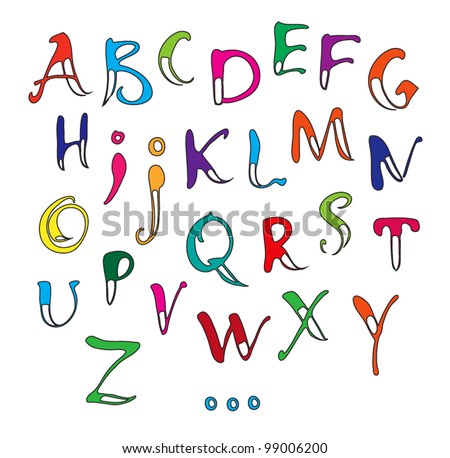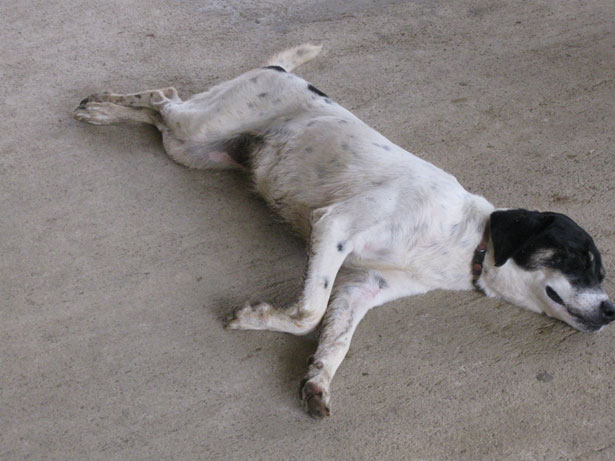By contrast, after a storm anything will be a "lull."
Just ask the folks in the New York area who are still recovering from Hurricane Sandy, and will be for some time. In the aftermath of the storm, the quiet is palpable, but not necessarily - and in this case not at all - peaceful.
 |
| http://news.yahoo.com/photos/nasa-handout-image-hurricane-sandy-photo-172728280.html |
Nonetheless, there's something remarkable about the quiet that follows in the wake of the whirlwind.
After the winds cease, after the armistice is signed, after the fire is extinguished, and, yes, after the decision is made...Even when there is still "clean-up" to do after the storm, the pause in hostilities is palpable...and valuable.
The most regular, reliable experience of this exquisite calm appears every Friday evening about 17 minutes before sunset (39 minutes in Jerusalem)...or at worst, at sunset itself. That is, after what is likely to have been a busy week and often enough a crazy-hectic Friday afternoon of cooking and cleaning or travel, the moment after Shabbos candles are lit....it's all gone. Dissolved.
Though the "Kabbalat Shabbat" psalms that follow mincha and precede ma'ariv on Friday nights are great favorites, I love the rush of enforced calm that enters the home with candlelighting. Just before racing off to shul - or perhaps instead of doing so - I am forced to stop. Stop cooking, stop cleaning, stop writing. Close the computer, the phone, the stereo. I'm pushed to react differently in that "white space" that appears in the cessation of the weekday demands that pull in many directions. The house is quiet, time is released, and I breathe.
 |
Buy a print of Jan Statman's "Shabbat Candles" here:
http://fineartamerica.com/featured/shabbat-candles-jan-statman.html |
The experience of ushering in Shabbat can't be replicated, not really. But in the wake of making a decision - that is, once you have made the decision - there is a profound calm that follows the distress of deciding. When the noise of the sides that tug at you is quieted, what remains is not only the absence of the clamor, but an intense hush.
Until the next choice prevails...





